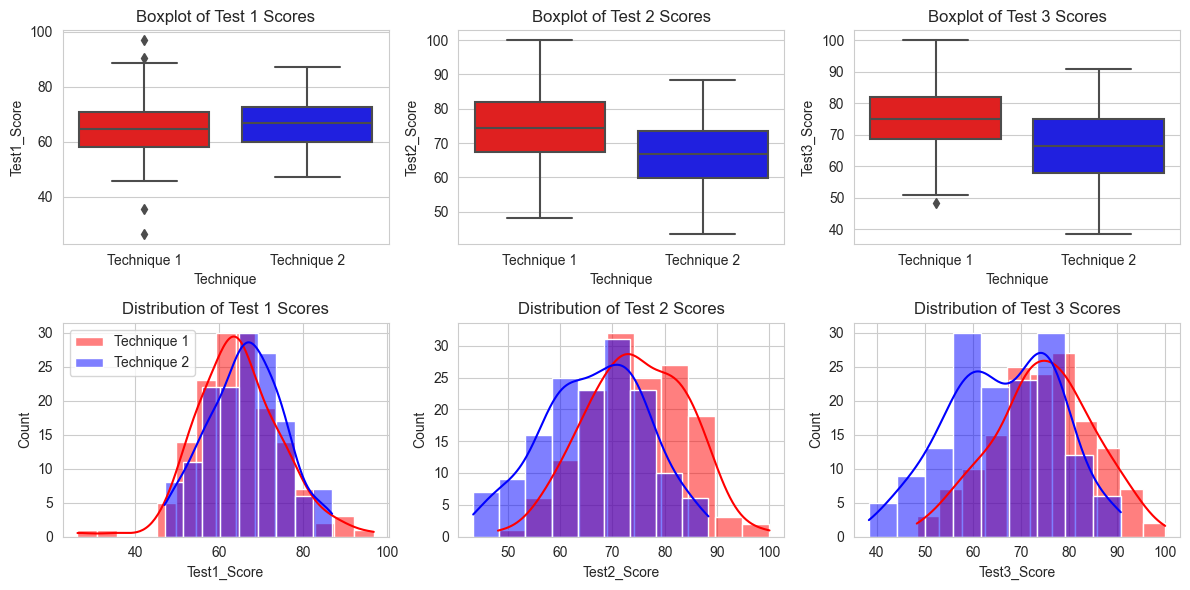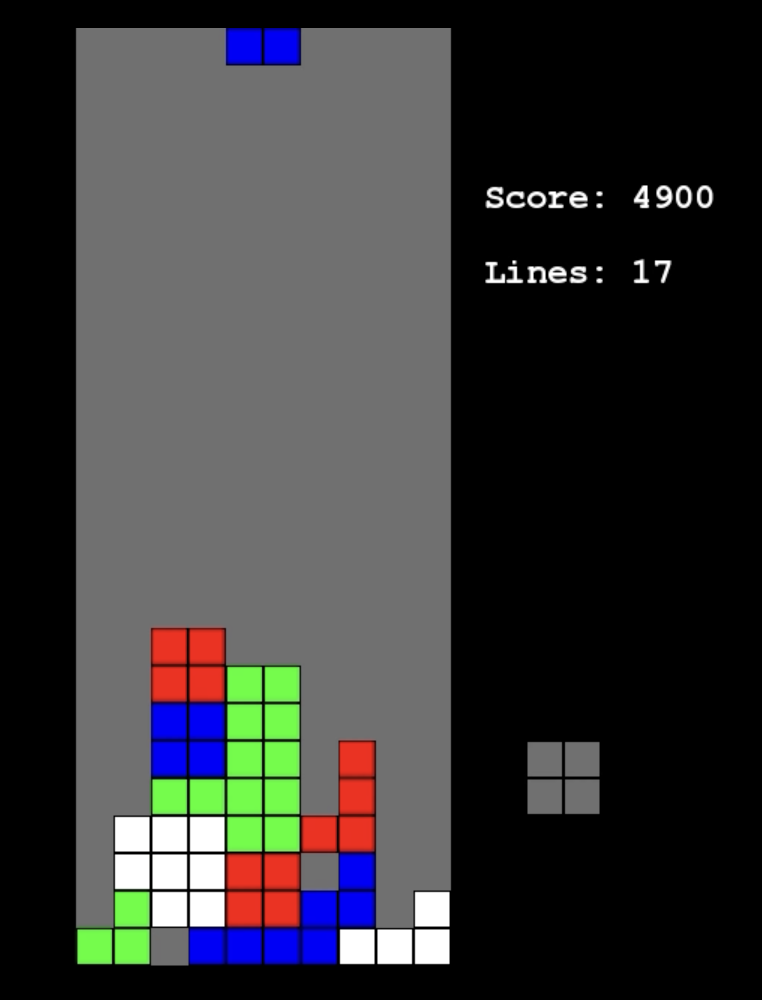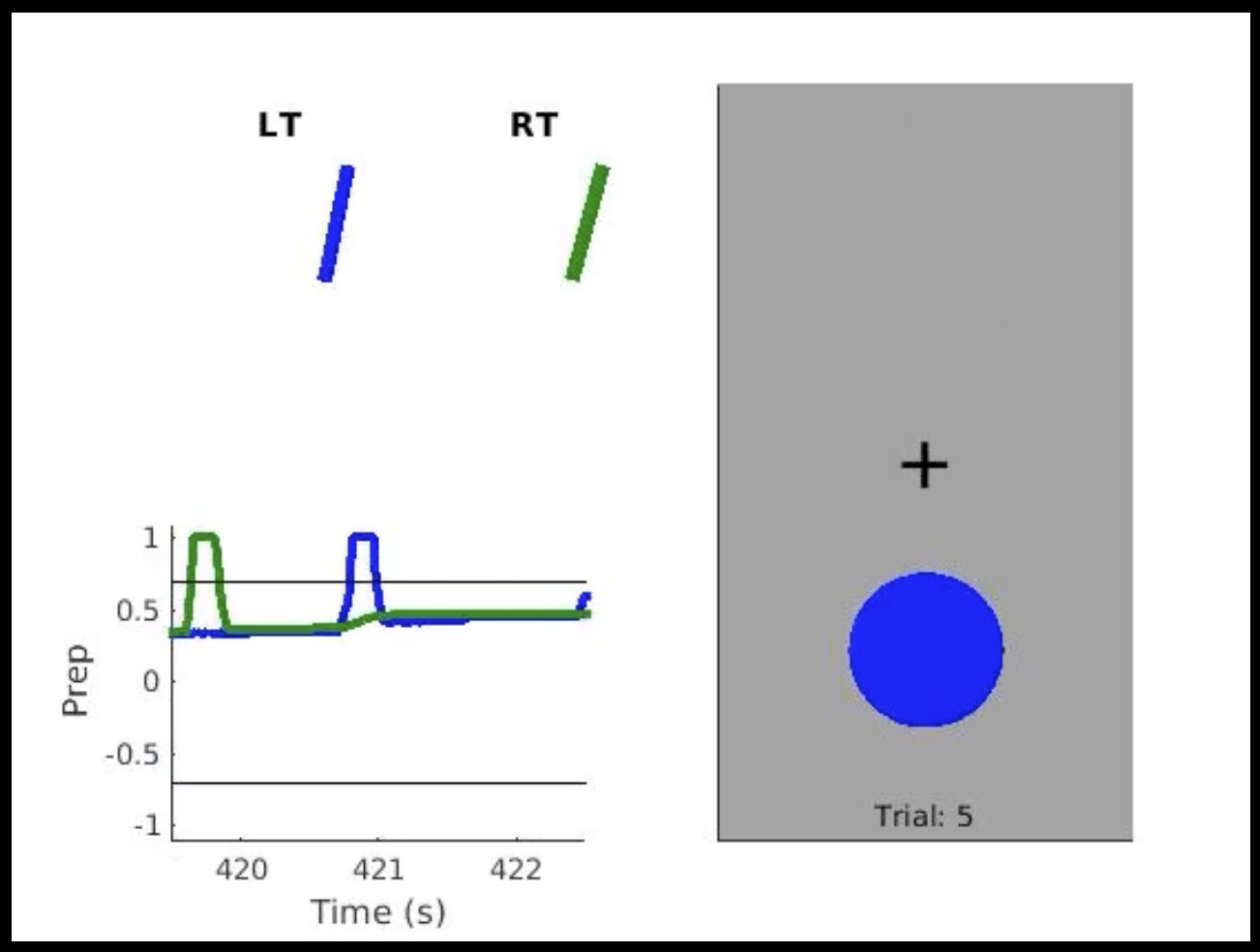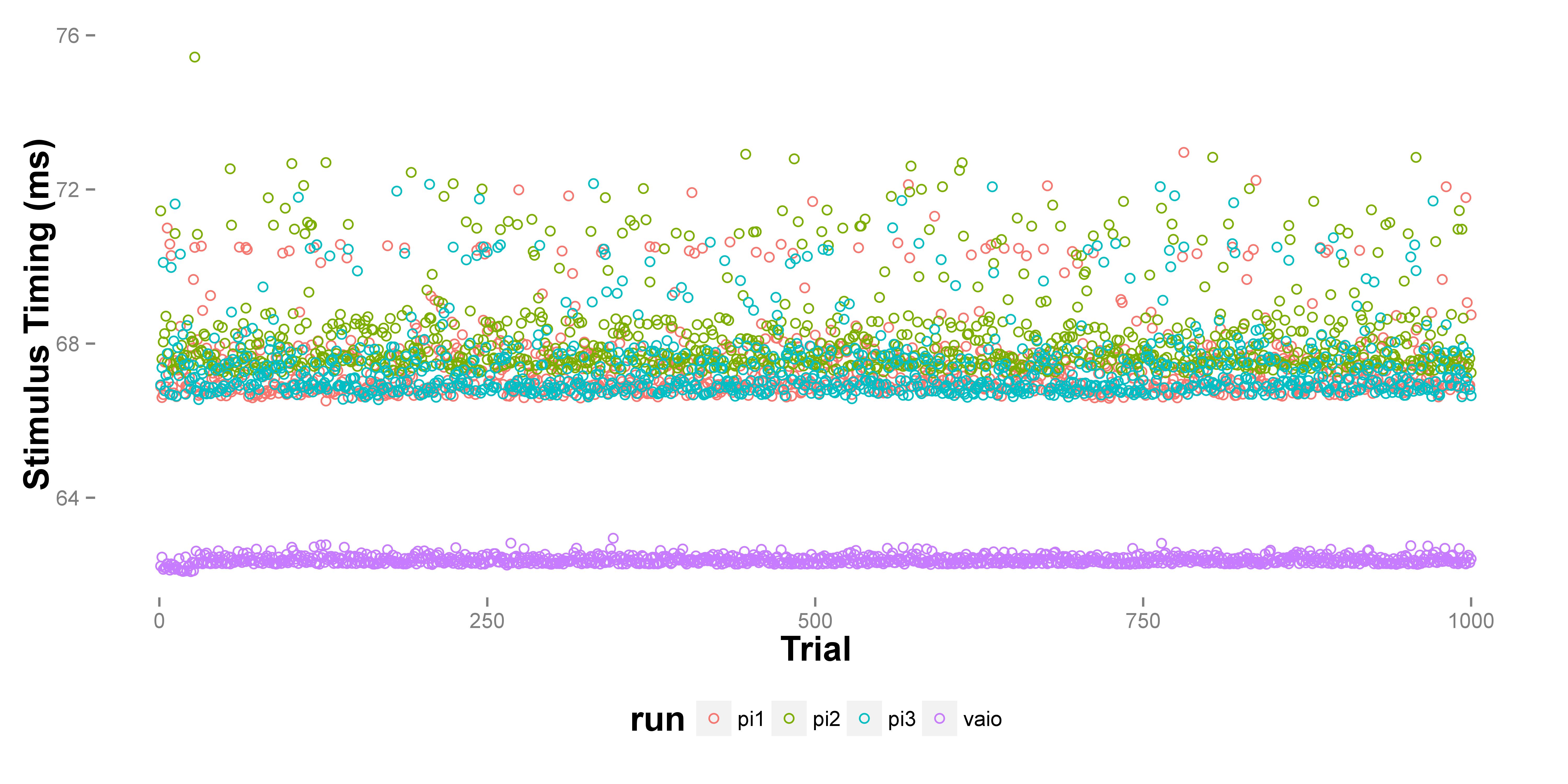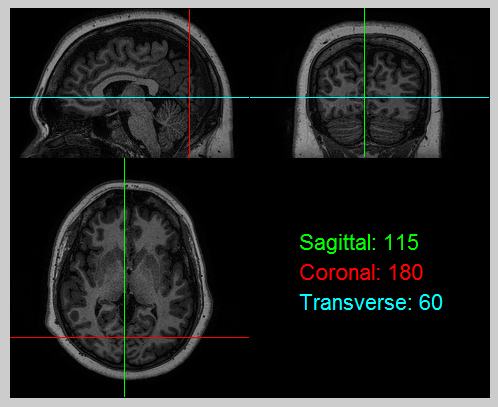What I cannot create, I do not understand. -Richard Feynman
The above is probably my favourite quote. As someone who has done extensive research in cognitive neuroscience, I find that it is often too easy to rely on established tools, without needing a grasp of the technicalities involved. Building your own tools is a good way of understanding the intricacies of your data. This idea has led me to play around with programming and tinkering with somewhat unexpected programs and hardware. This website is designed as a repository of sorts for these kinds of DIY projects, some of which have been incorporated into actual research publications or conference posters.
If there are any queries, or code requests, feel free to contact me (see header icons).
My attempt at categorising these side projects:
Random fun projects | Games as experiments | Technical demos | Experiment Programming Hacks | Data Visualizations

